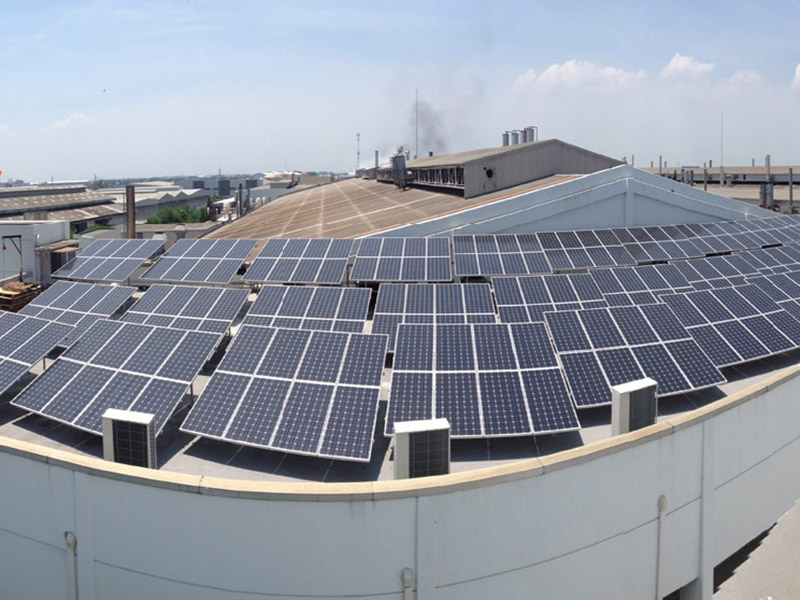Are there any errors in the test data of the motor tester?
Motor testers are devices commonly used in industry to evaluate motor performance and diagnose faults. However, due to the influence of many factors, the motor tester may have certain errors in practical applications. This article will discuss the sources of motor tester test data errors, influencing factors, and how to reduce errors.
Motor testers are indispensable equipment in modern industry. They are used to measure the performance parameters of motors, such as power, efficiency, speed, etc., as well as perform fault diagnosis. However, any measurement equipment inevitably contains certain errors. For motor testers, errors may come from many aspects, including the accuracy of the instrument itself, environmental conditions, test methods, etc. Understanding and minimizing these errors is critical to accurately evaluating motor performance.
1. Causes of errors:
Instrument accuracy: The accuracy of the motor tester is one of the main factors affecting measurement errors. Different models and brands of test instruments have different accuracy levels. The higher the accuracy, the smaller the error.
Environmental conditions: Factors such as ambient temperature, humidity, and electromagnetic interference may affect the measurement results of the motor tester. For example, a high-temperature environment may cause the motor temperature to rise too high, thus affecting the accuracy of the measurement results.
Testing methods: Different testing methods may lead to different errors. For example, there may be differences in measurement results between direct measurement and indirect measurement methods.
Power supply stability: Motor testers usually need to be connected to the power supply, and the stability of the power supply has an important impact on the accuracy of the measurement results. Supply voltage fluctuations or supply noise can cause measurement errors.
Operator's technical level: The operator's technical level and experience are also important factors affecting measurement errors. Incorrect operating methods or unskilled techniques may lead to an increase in measurement errors.
Motor characteristics: The characteristic parameters of the motor, such as rated power, rated voltage, rated current, etc., will affect the test results. Different motors have different characteristic parameters, so the test results will also be different.
Test conditions: The selection and setting of test conditions will also affect the test results. For example, the load conditions of the test motor, test time, test environment, etc. may affect the test results.
Calibration of test instruments: Regular calibration of motor testers is an important means to reduce errors. Calibration ensures the accuracy and stability of test instruments, thereby increasing the reliability of test results.

2. Methods to reduce errors:
Choose the appropriate test instrument: Choose the appropriate motor test instrument according to actual needs to ensure that its accuracy and stability meet the requirements.
Maintain a good testing environment: Control factors such as temperature, humidity, and electromagnetic interference in the testing environment to ensure the accuracy of test results.
Calibrate the test instrument: Calibrate the motor tester regularly to ensure its accuracy and stability.
Strictly abide by the operating procedures: The operator should be familiar with and strictly abide by the operating procedures of the testing instrument to ensure correct testing methods and procedures.
Repeat the test multiple times: Carry out multiple repeat tests, take average values or conduct data analysis to reduce the impact of random errors.
Test under different load conditions: Test under different load conditions to obtain more comprehensive and accurate test results.
Continuous learning and improvement: Operators should continue to learn and improve their technical level, and be proficient in the operating methods and techniques of testing instruments.
Motor testers may have certain errors in practical applications, but by choosing appropriate test instruments, maintaining a good test environment, calibrating test instruments, and strictly abiding by operating procedures, the errors can be reduced and the accuracy and accuracy of test results can be improved. reliability. During the motor testing process, the operator's technical level and experience are also important factors affecting errors. Therefore, continuous learning and improving technical level are also the key to reducing errors.
As a motor testers company, we are committed to providing high-quality, reliable testing instruments and solutions to help customers achieve precise measurement and analysis of motor performance. Whether you need to purchase test equipment or require technical support and training, we will serve you wholeheartedly.
Motor tester: Optimize motor operation and increase efficiency
Motor tester: a powerful tool for evaluating motor performance
Learn more about the classifications of motor testers?
Analysis of precautions for using motor tester
Motor Tester Maintenance Guide: Ensuring Accuracy and Reliability
Energy consumption and energy-saving tips for motor testers
Analysis of factors affecting the price of motor tester
The importance and methods of improving motor tester efficiency
How to extend the service life of a motor tester?
The working environment of motor testers and their importance
The history and future development trends of motor testers
Motor tester safety operation guide
How to choose a high-quality motor tester manufacturer
Motor tester storage and transportation guidelines
Working principle and usage scenarios of motor tester
Common faults and troubleshooting methods of motor testers
What factors are related to the measurement accuracy of motor tester?
A detailed guide to properly installing a motor tester
mia
server@zy9600.com


Average Rating